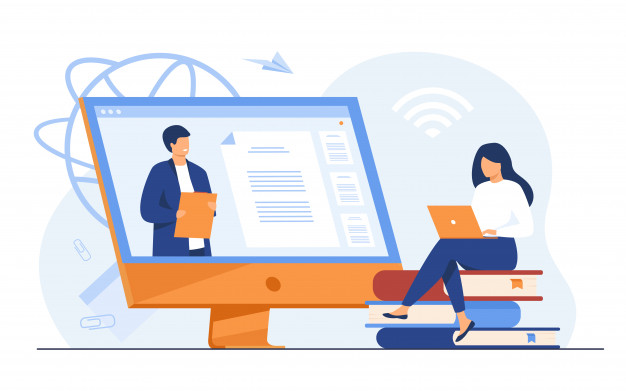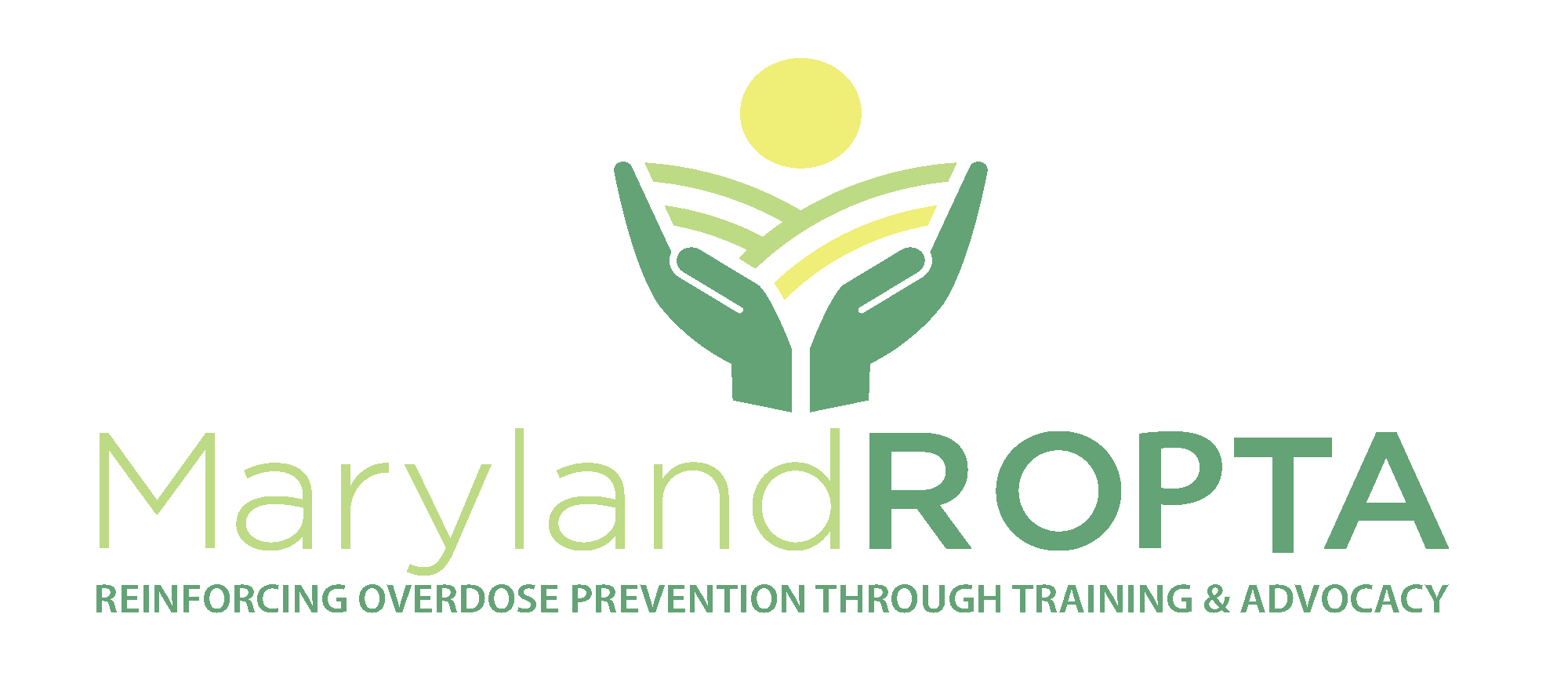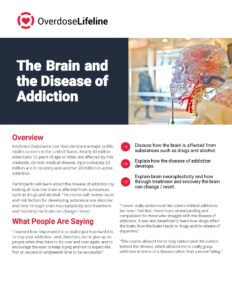
Program Overview
The Opioid Public Health Crisis (OPHC) is an Overdose Lifeline, Inc. course which explores the history of how the nationwide health crisis developed and a multifaceted solutions model. The session will discuss signs of opioid overdose, effects of the opioid overdose reversal drug, Naloxone, and a review of harm reduction and stigma effects. OPHC can be delivered in virtual and in-person settings, depending on location.
What is the opioid epidemic?

What You Will Learn
- Drug classifications
- Addiction/substance use disorders
- Opioid overview
- Contributors and risk factors
- Recognizing & preventing an opioid overdose
Learning Objectives
- Understand the history of the opioid crisis and how it developed
- Learn about the current trends and policies in place
- Explore the contributors and risk factors
SCHEDULE A PRESENTATION
Please fill out this form to schedule a presentation in your organization or community.
WHO WE REACH
Parents, healthcare professionals, groups, and public-serving organizations.
TIME COMMITMENT
Each training is 1 to 2 hours and can take place in-person or virtually.
INTERESTED?
Check out our calendar for upcoming events or contact us to schedule a training or series.
Program Overview
The Guide to Harm Reduction is an Overdose Lifeline training that incorporates a spectrum of evidence-based and evidence-informed harm reduction strategies - from safer use, and managed use to abstinence - to meet drug users “where they’re at” and addressing conditions of use along with the use itself.


What You Will Learn
- The purpose of harm reduction
- The history of harm reduction
- Identifying the benefits of harm reduction
- How to put these principles into action
SCHEDULE A PRESENTATION
Please fill out this form to schedule a presentation in your organization or community.
WHO WE REACH
Parents, healthcare professionals, groups, and public-serving organizations.
TIME COMMITMENT
Each training is 1 to 2 hours and can take place in-person or virtually.
INTERESTED?
Check out our calendar for upcoming events or contact us to schedule a training or series.
Program Overview
Shame and stigma associated with a substance use disorder can have a negative effect on individuals, families, caregivers and communities. Through this course, you will review the consequences of shame and stigma, why SUDs are stigmatized and the solutions to address shame and stigma.

What You Will Learn
- The role of stigma and its effect on SUDs
- The impact of shame on family/caregivers
- How to eliminate judgements and negative attitudes
SCHEDULE A PRESENTATION
Please fill out this form to schedule a presentation in your organization or community.
WHO WE REACH
Parents, healthcare professionals, groups, and public-serving organizations.
TIME COMMITMENT
Each training is 1 to 2 hours and can take place in-person or virtually.
INTERESTED?
Check out our calendar for upcoming events or contact us to schedule a training or series.

